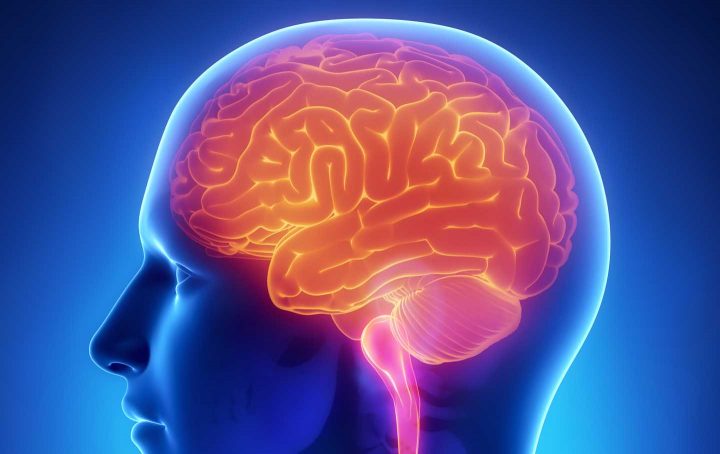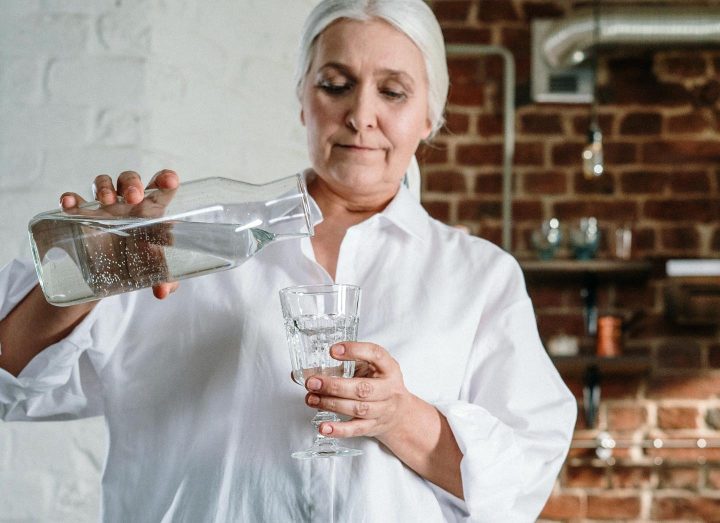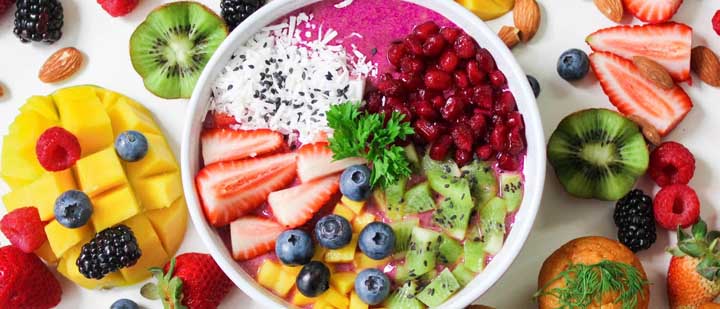Habits — we all have them. American author Elbert Hubbard said: “Habit is the great economizer of energy.” He was exactly right. Habits are our friends — when they’re good ones. Habits are routines that help us repeat safe and effective behaviors and build consistency and security into our lives.

But bad habits can become addictions. In the past, the term addiction was used only to refer to problems with substances such as drugs, alcohol, or nicotine. But addictions can include many behaviors and activities including gambling, shopping, overwork, sex, internet abuse, and food.”1)Substance Use Misuse 1997:32(11)1573.
Brain on a Binge. A hallmark of addiction is continued self-destructive behavior despite adverse consequences. When an addiction develops, what is happening in the brain? For one thing, the pleasure circuits in the brain become “hijacked” by the addictive substance or behavior, producing intense cravings.
The Tangled Roots of Addiction. Addictions have many possible roots, including emotional, spiritual, physical, environmental, and genetic. Addictions are strong — but the weapons available to win the war against addiction are even stronger. In any war, it is important to have a plan in order to achieve a decided victory.
If you think you have an addiction, work closely with a health care professional, and especially if the addiction includes drugs or alcohol.
The Learning Brain. Can bad habits be broken? God has designed the human brain — even in adulthood — with a powerful capacity to reshape itself according to what it learns and even grow new connections, or neurons. Psychiatrist John Ratey explains: “Experiences, thoughts, actions, and emotions actually change the structure of our brains. By viewing the brain as a muscle that can be weakened or strengthened, we can exercise our ability to determine who we become. Indeed, once we understand how the brain develops, we can train our brains for health, vibrancy, and longevity.”2)Ratey J. User’s Guide to the Brain (New York, NY: Vintage Books, 2002) p. 17

Good habits can become just as strong as bad ones! Creating good habits works the same way as creating bad habits. Doing the same thing over and over sets a pattern in the brain that creates a habit.
Freedom Keys. Potent, powerful, and protective weapons are available to help you make and maintain permanent change over time. They include:
Creating an Environment — Internally and Externally. Pay attention to your internal environment — your thoughts. Cultivate thankfulness in place of negativity. What you make up your mind to be, you will be. “As man thinks in his heart, so is he.” Proverbs 23:7. John Ratey states it this way: “We can actually change our brains. By altering the external environment or the internal environment of our bodies, we can take better advantage of our strengths and amend our weaknesses…One necessary precursor to change, though, is often a change in attitude.”3)Ratey J. User’s Guide to the Brain (New York, NY: Vintage Books, 2002) p. 356
Pay attention to your external environment — the things that surround you. Make sure your surroundings are helping you, not hurting you. Create an environment where it is easier to make the positive choice. Remove temptation. Practice new behaviors. For example, place a bowl of fresh fruit on the counter to replace the candy dish or ashtray. Keep your walking shoes by the door. Have your gym bag in the car for ready access.
Creating a Lifestyle. Positive lifestyle choices protect the brain and body, making it easier to cope with stress and enjoy new things to do in life. Daily exercise improves learning, increases energy, and lowers anxiety. Eating plenty of fresh fruits, vegetables, and whole grains, beans, and nuts — builds mental strength and eases stress. Regular rest and plenty of water refresh the body and mind and prepare it for new challenges.

Creating Connections. Get connected with friends who will encourage you in your new choices. Personal growth takes place as we interact with others. Connecting with church and community resources makes our world bigger than our circumstances.
It creates opportunities for giving, receiving, and learning communication skills, and building meaningful experiences. Connections can provide support and accountability that increase long-term success.
Establish or strengthen your connection with God. This will give you power to make positive choices and stick with them over time. God will help you discover your true value and purpose in life.
Practice on Purpose! We have all heard the expression “practice makes perfect.” Purposeful repetition builds good habits. The more times a positive thought or action is repeated, the more it is cemented in the brain. Successful people are not mistake-free — they just refuse to give up. Adopting healthful habits of living and thinking requires determination. But knowing that the brain can recover from addictions and move forward provides hope.
Call to Action
“Trust in the Lord with all your heart, and do not rely on your own insight. In all your ways acknowledge Him, and He will direct your path.” Proverbs 3:5-6. You can trust your Redeemer who died to create a new heart in you; new desires, new motives, new strength.
“Don’t you be afraid, for I am with you. Don’t be dismayed, for I am your God. I will strengthen you. Yes, I will help you. Yes, I will uphold you with the right hand of my righteousness” (Isaiah 41:10 WEB). God sees your potential. You are here for a reason. Jesus is reaching out to you. Will you take His hand right now and say, “Yes, Lord, I believe. Help my unbelief. Strengthen me and guide me in your way.”

Stay Always Up to Date
Sign up to our newsletter and stay always informed with news and tips around your health.
This article was originally published on the Time to Get Ready website.
This information is adapted from the book Living Free: Finding Freedom from Habits that Hurt. Visit us at LifestyleMatters.com or call 1-866-624-5433 for your resources to build a better brain, body, and lifestyle.

Vicki is the Director of the Lifestyle Matters Health Intervention Series. As an author, speaker, teacher, and program developer, she lectures and travels worldwide sharing the lifestyle link to better mental, physical, and spiritual health. Vicki’s special area of interest is brain/body connections, forming habits that last.
References
Leave a Reply